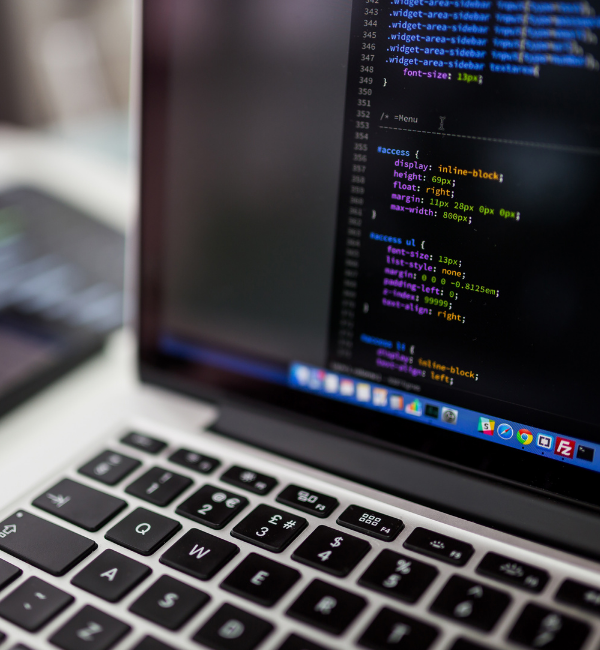
Human Change, Not Climate Change!
Climate change is taking place all around us, but how do we see and measure it?

Sustainable Seas, Please
Ocean ecosystems are dynamic and important for human livelihoods, thus need to be carefully managed.

Can you design icons for different screens?
Acting as a “graphic designer” for a new, 2D video game, learners create icons or characters through pixel art. By designing the same icon or character in two different sizes, learners ensure the “game” can be played on phones (simplified images for smaller screens) and/or desktop computers (larger images for bigger screens).

Ecology Mapping
Students will learn about some of the basic techniques of mapping ecological data and the roles of citizen scientists in ecological conservation.

Rethinking Energy: A Climate Resilience Workshop
In this workshop, youth will consider the effects of climate change on oil infrastructure on a fictional island and reflect on the long-term changes to the island’s oil policies that are needed for sustainability by adopting multiple stakeholder perspectives.

Cancer Fact or Fiction
How can we tell what is cancer fact versus fiction? Learn how to critically evaluate online sources for credible information on cancer research topics while understanding the importance of research translation across the internet.

Trashbot Challenge
Using the United Nations Sustainable Development Goals (SDGs) as a provocation for learning, learners explore real-world robots that help protect the environment and are challenged to design a robot to clean-up trash from the schoolyard or a local outdoor space. This activity can be done in-person or in a virtual setting.

The Future of AI in the Workplace
Learners will use their knowledge of AI to ponder and form questions about the future of AI in the workplace and what role citizens could play in its development for daily use.

What's in a Face?
Learners will use their knowledge of AI and how facial filters work to explore the pros and cons of this rapidly advancing technology.

Quite a Combo! Let's Talk Combinatorics
Explore combinations, permutations and why math is relevant in everyday life.

How to Shapeshift: Molecular Edition
Students will be able to further their knowledge of organic chemistry through further understanding the four main organic compound groups and how they can change!

A, B, Seas: The Fundamentals of Oceanography
In this workshop, students will learn some of the basic concepts of oceanography with a focus on how global-level changes can influence ocean cycles, such as climate change.

The Use of AI in Healthcare
Learners will use their knowledge of AI to ponder and complete a consequence map about the use of AI in the healthcare sector, through exploring a real-life scenario.

Climate Change Expedition - Virtual
Students will analyze historical, long-term trends in climate and explore environmental process through hands-on activities to gain an understanding of weather and climate in Northern Canada and relate to their own experiences with local weather patterns to discuss the changing climate in the north.

Icy Investigation
Students analyze ice core samples to help learn about the climate in the past.